In July 1946 in Paris, an international organization of progressive educators was founded called the International Federation of Education Unions (French: Fédération Internationale Syndicale des Enseignants - abbreviated as FISE).
In 1949, at the conference in Warsaw (Poland), FISE adopted the “Charter of Teachers” consisting of 15 chapters. The main contents of the Charter are: Fighting against all backward, reactionary, and unscientific educational viewpoints and methods; Building a progressive, democratic, and scientific education; Protecting the legitimate material and spiritual rights of teachers; Enhancing the position and role of the teaching profession in society.
In Vietnam, during the resistance war against French colonialism, the Vietnam Education Trade Union contacted FISE to: Denounce the crimes of colonial invaders in international forums; Introduce the achievements of revolutionary education; Seek the sympathy and support of progressive educators around the world for the just struggle of the Vietnamese people.
In the spring of 1953, the Vietnamese delegation led by Deputy Minister of National Education Nguyen Khanh Toan attended the FISE Conference in Vienna (Austria). This conference admitted the Education Trade Unions of several countries, including Vietnam, into the FISE organization.
From August 26 to 30, 1957, at the FISE Conference in Warsaw (Poland) with 57 participating countries, the organization decided to take November 20 every year as the International Day of the Charter of Teachers.
On November 20, 1958, Vietnam held the first International Teachers' Charter Day celebration in the North. In the following years, the holiday continued to be celebrated in the liberated areas in the South, becoming a traditional festival of the Vietnamese education sector.
On November 20, 1958, from Hanoi, Vinh Linh to border areas and islands, schools organized various activities. Thousands of letters from teachers, students and pupils in the North were sent to President Ho Chi Minh, the Party Central Committee and the Government, expressing their determination to study, practice, contribute to building socialist education and fighting for national reunification.
From the South, many letters and messages were also sent through Voice of Vietnam, expressing patriotism, opposing the US-Diem regime, demanding the right to study, supporting the Northern clergy and fighting for independence and national unity.
Every year, on this occasion, educational institutions publish special magazines to encourage the fighting spirit and honor the sacrifices of teachers during the resistance war.
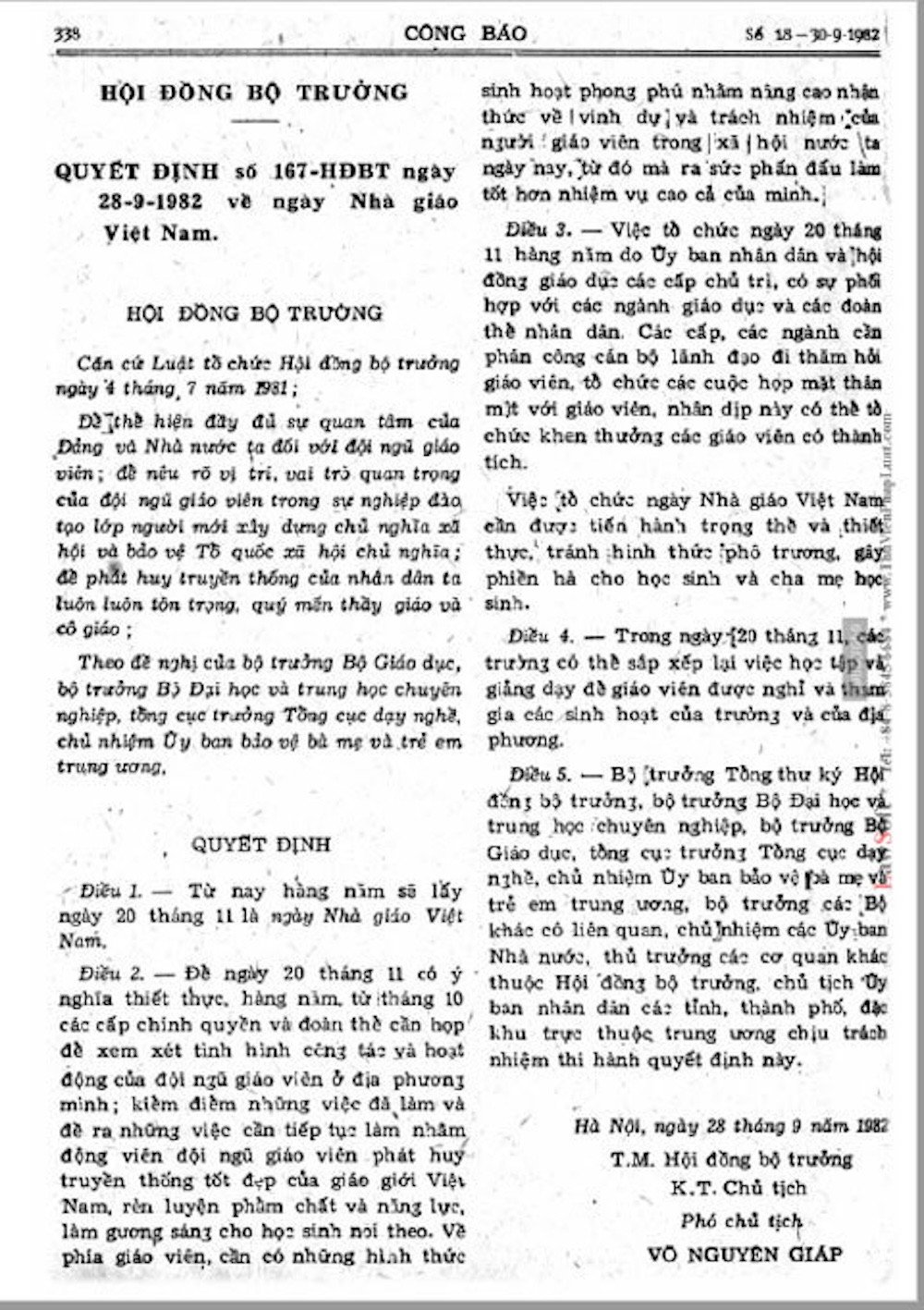
After the country's reunification, with the profound humanistic meaning and fine tradition of November 20, the 8th Congress of Vietnam Education Trade Union (April 1982) together with education management agencies proposed to the Government to make November 20 Vietnam Teachers' Day.
On September 26, 1982, the Council of Ministers (now the Government) issued Decision No. 167/HDBT officially recognizing November 20 as Vietnamese Teachers' Day.
DECISION OF THE COUNCIL OF MINISTERS NO. 167-HDBT ON VIETNAMESE TEACHERS' DAY
Article 1. From now on, November 20th will be Vietnam Teachers' Day every year.
Article 2. In order for November 20 to have practical meaning, every year, from October, authorities at all levels and organizations need to meet to review the work situation and activities of the teaching staff in their localities; review what has been done and propose what needs to be done to encourage the teaching staff to promote the fine traditions of the Vietnamese education sector, train their qualities and abilities, and set a good example for students to follow. On the part of teachers, there should be a variety of activities to raise awareness of the honor and responsibility of teachers in our society today, thereby striving to better fulfill their noble duties.
Article 3. The organization of November 20th every year is chaired by the People's Committee and education councils at all levels, in coordination with education sectors and people's organizations. All levels and sectors need to assign leaders to visit teachers, organize intimate meetings with teachers, and on this occasion, organize awards for teachers with achievements.
Organizing Vietnamese Teachers' Day should be carried out solemnly and practically, avoiding ostentation and causing trouble for students and their parents.
Article 4. On November 20, schools may rearrange learning and teaching so that teachers can take time off and participate in school and local activities.
Since 1982, November 20 has become a major festival for the education sector and the entire society. This is also an opportunity for students to express their gratitude, respect and deep appreciation, so that each teacher can be more proud and motivated to continue their noble mission.
Source: https://vietnamnet.vn/20-11-la-ngay-gi-nguon-goc-y-nghia-ngay-nha-giao-viet-nam-2462329.html




![[Photo] The Government Standing Committee reviews the planning project of the Red River landscape avenue axis](https://vphoto.vietnam.vn/thumb/1200x675/vietnam/resource/IMAGE/2025/11/15/1763197032149_dsc-0163-jpg.webp)
![[Photo] Action for the Community tells stories of enduring journeys – both intimate and great, yet quiet and determined](https://vphoto.vietnam.vn/thumb/1200x675/vietnam/resource/IMAGE/2025/11/15/1763179022035_ai-dai-dieu-5828-jpg.webp)
![[Photo] Exciting contest of skillful red fruit picking and creativity from Son La coffee beans](https://vphoto.vietnam.vn/thumb/1200x675/vietnam/resource/IMAGE/2025/11/15/1763201832979_ndo_bl_3-jpg.webp)
![[Photo] General Secretary To Lam receives Governor of Kanagawa Province (Japan) Kuroiwa Yuji](https://vphoto.vietnam.vn/thumb/1200x675/vietnam/resource/IMAGE/2025/11/15/1763204231089_a1-bnd-7718-5559-jpg.webp)
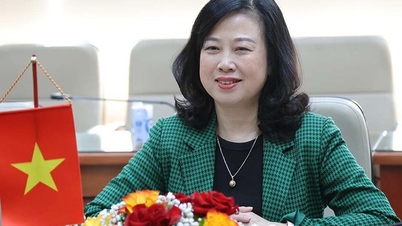

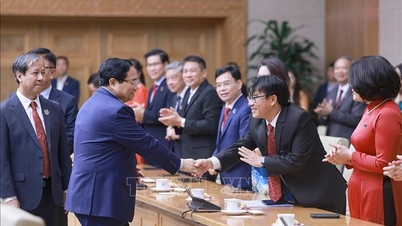

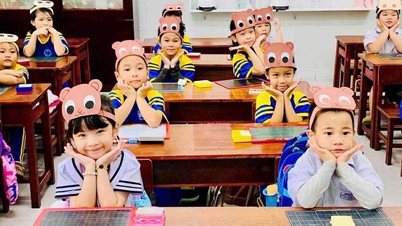

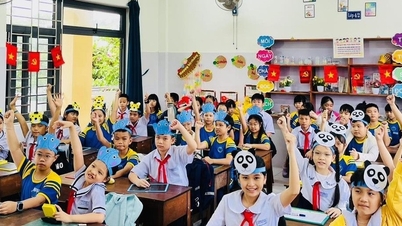

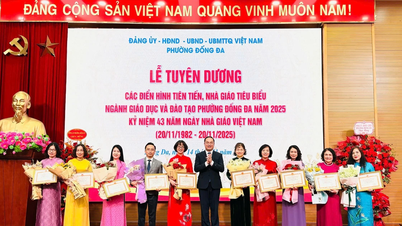

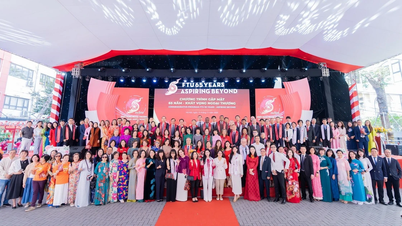


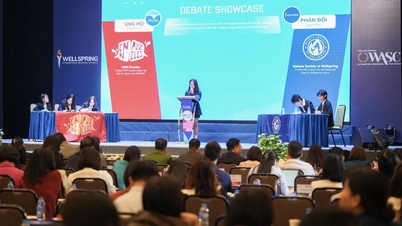




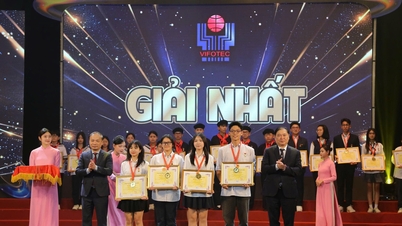




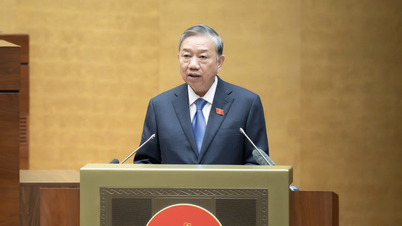




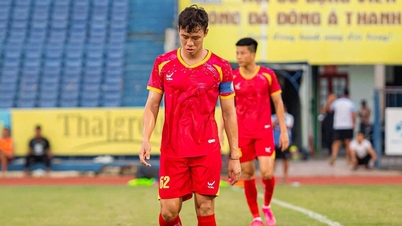




















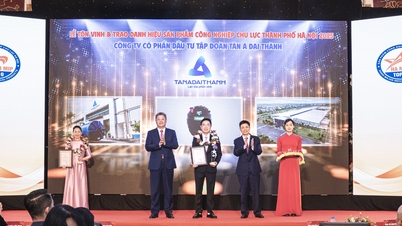















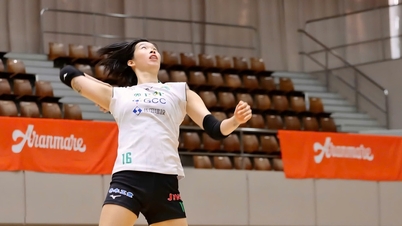





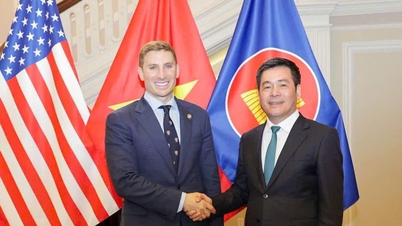


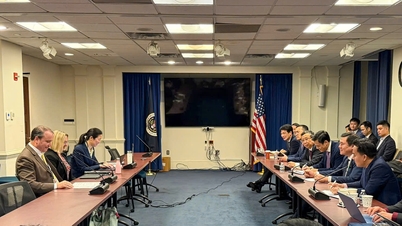
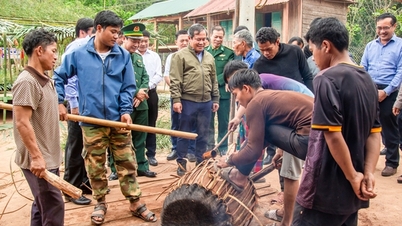
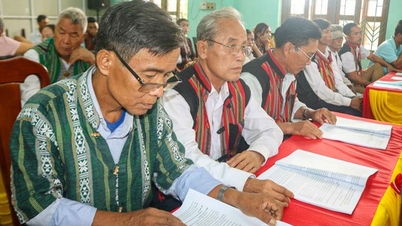
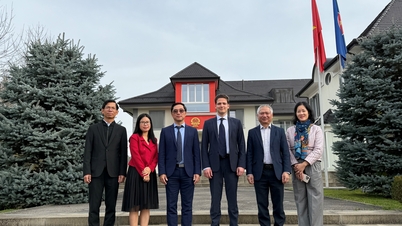

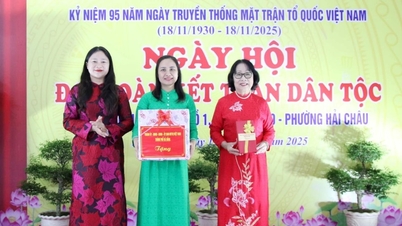

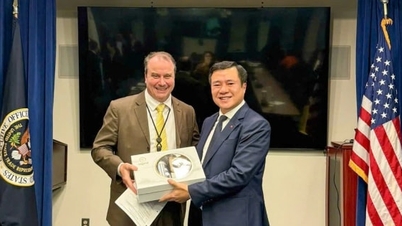


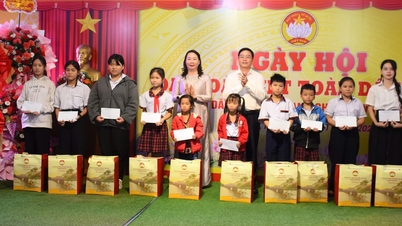













Comment (0)